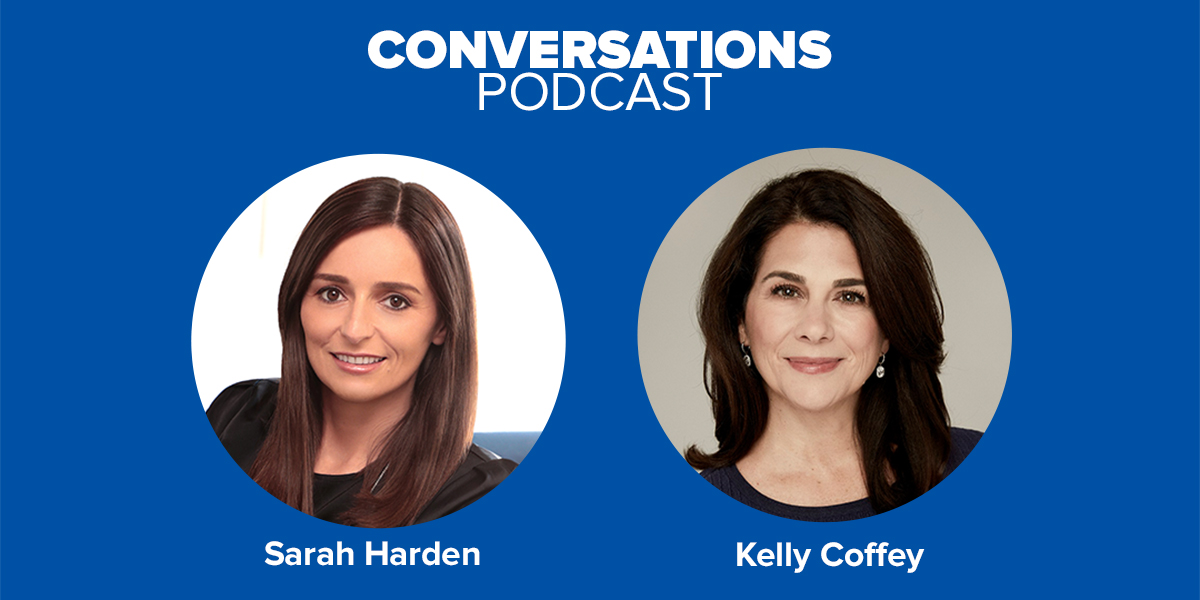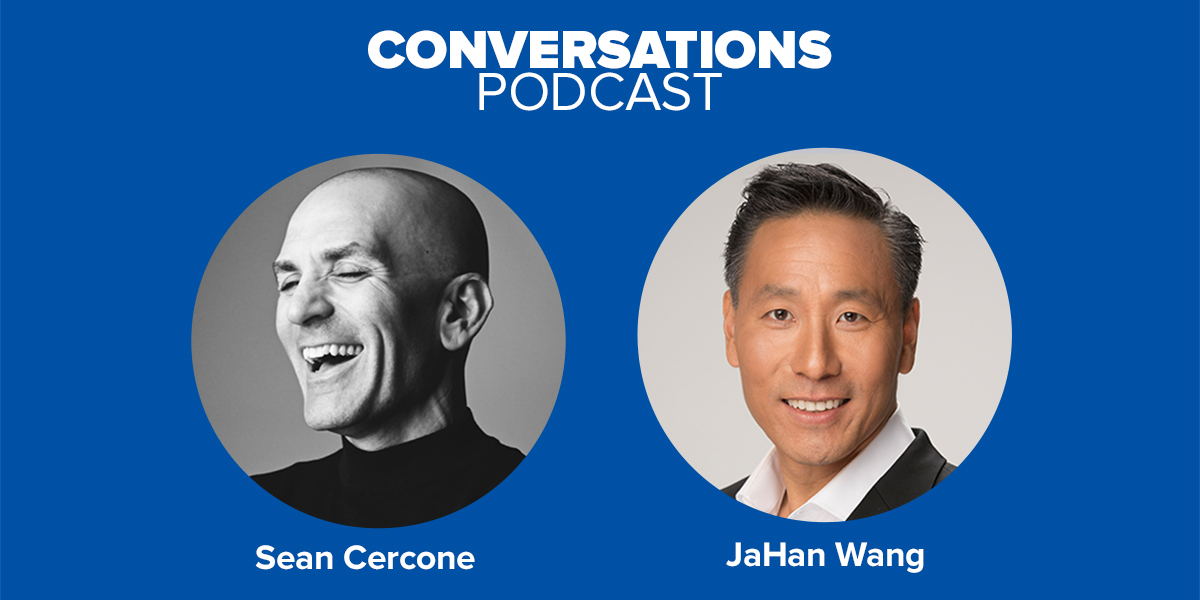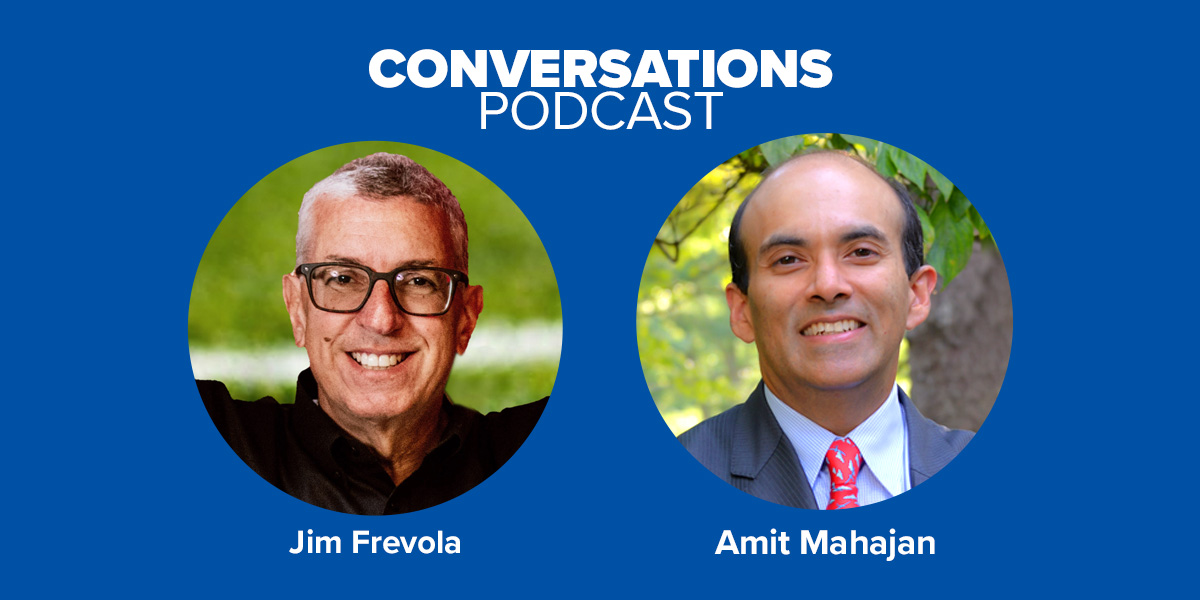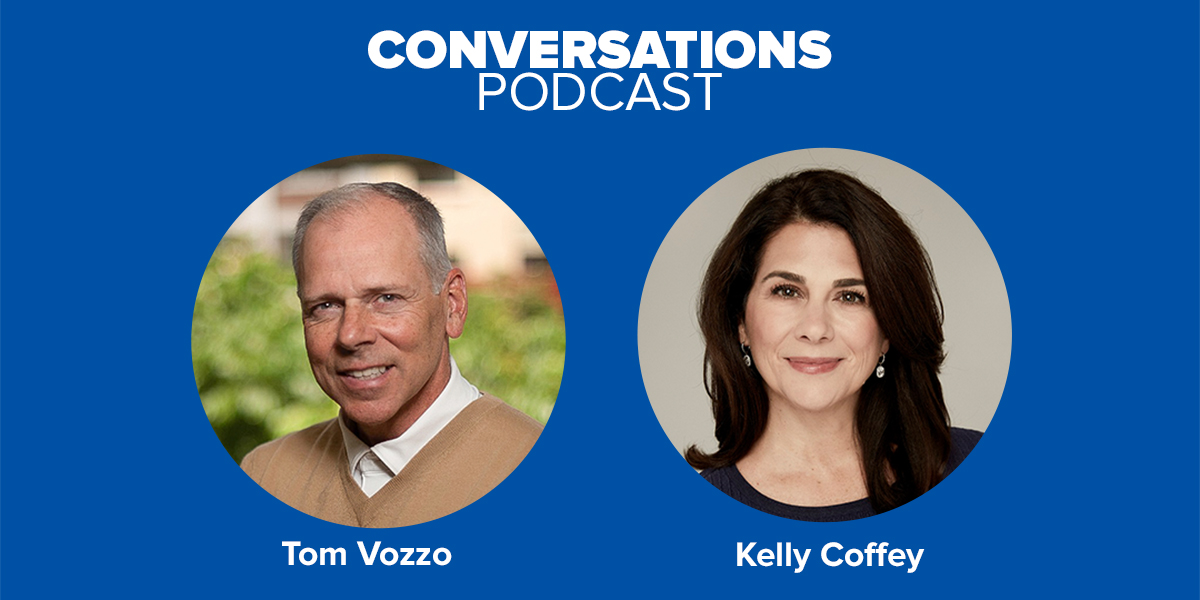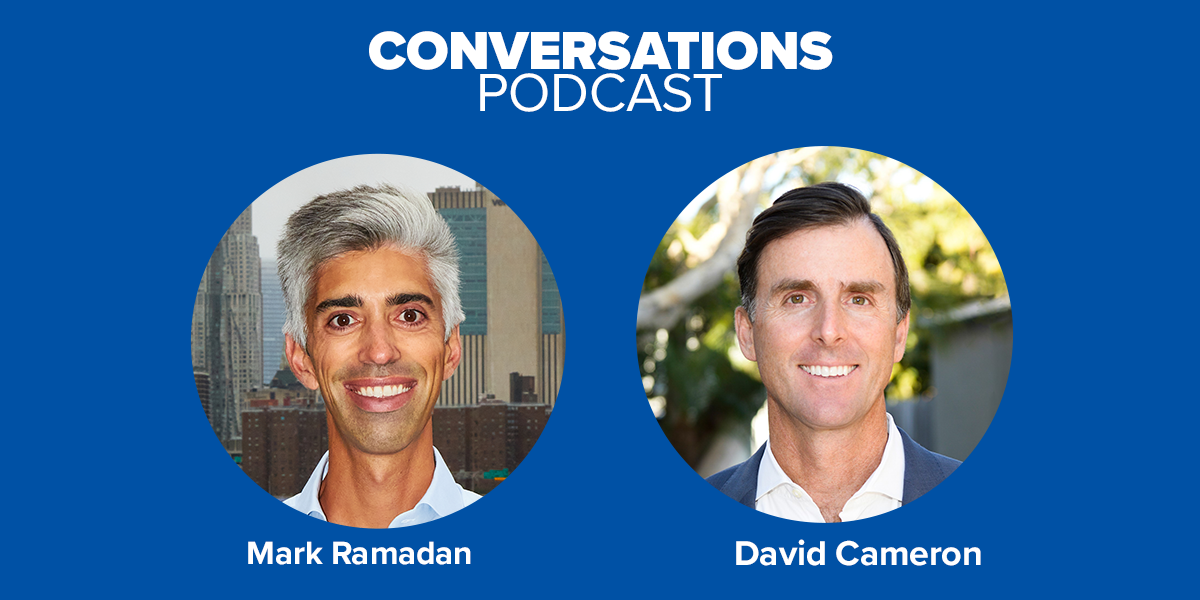-
Business Banking -
Conversations
Julia Boorstin: Learning From Leaders
Listen and learn how to succeed with City National Bank and special guests on the Conversations podcast. Stay connected by subscribing on Apple, Spotify and YouTube Music.
When Julia Boorstin finished her B.A. in history at Princeton and was headed to the London School of Economics, she decided to take a detour and work at Fortune magazine for a year to indulge her “hobby" of journalism. Two decades later, she is a key reporter for CNBC covering media, social media and technology, as well as the author of a new book, “When Women Lead."
Hired as a business reporter based on her college journalism experience, Boorstin said she received a great education at Fortune that continues to inform her reporting at CNBC.
“I was fortunate to have these amazing mentors who taught me not only how to tell a great story, but how to use the lens of a business story to tell the most important stories that were happening in the world," said Boorstin.
When Boorstin started as a media reporter and then added social media and technology as additional subjects, each of those subjects were siloed, she said. Today, all three topics converge, and her role is to help viewers keep up with the pace of change driven by technology.
Boorstin recently joined City National Bank's CEO, Kelly Coffey, for a conversation about being at the forefront of reporting on social media, the impact of technology and the lessons to be learned from women leaders.
Closing the Gap
Boorstin's daily reporting typically centers on news and earnings, which she then uses to develop the deeper analyses that go beyond the headlines.
When the #MeToo and Time's Up movements emerged, there was a lot of coverage of the companies and leaders that contributed to toxic workplaces and the lack of diversity in business.
While there was necessary focus on what people were doing wrong, Boorstin was also hearing stories about companies making progress on closing the gaps on gender pay and promotion at major tech companies. She decided to contribute to the movements by sharing the positive stories related to them.
“I wanted to focus on the positive," Boorstin said. “#MeToo and Time's Up revealed the problems in business but at the same time there are companies that are taking actionable steps that can be replicated to close gender and diversity gaps. I wanted to make sure the rest of the business world heard about them."
Boorstin's Closing the Gap reports on many of these companies. CNBC partners with organizations for surveys about workplace diversity and gender issues, along with the ongoing debate about returning to offices.
Getting Ahead of the Curve with Disruptors
Boorstin also keeps an eye on up-and-coming tech companies. More than a decade ago, she introduced the Disruptor 50 List at CNBC. The list examines private venture-backed companies before they go public so investors can understand them in the context of whether they are disrupting the giants in a specific industry or could be the next giants themselves.
Companies that have been on the list over the past decade include Uber, Airbnb, SpaceX and Coursera, among others.
“Each of these companies is using technology to disrupt their field," Boorstin said. “Now, every company is a tech company, and every industry is in the tech industry."
Lessons from Women Leaders
Boorstin's reporting for Closing the Gap and the Disruptor 50 List gave her the opportunity to interview an array of entrepreneurs and business leaders, including many women.
She was particularly impressed by women such as Jennifer Hyman, co-founder of Rent the Runway, who came up with the idea that women didn't have to own a closetful of clothes, and Jennifer Holmgren, CEO of LanzaTech, which converts pollution into fuel.
After over 60 interviews with women CEOs, Boorstin wrote "When Women Lead." The book details the key characteristics that she identified as important in those whom she interviewed.
Among the leadership traits Boorstin identified are empathy, vulnerability, communal management styles, valuing diversity and a willingness to invest in mentorship. Boorstin argues that these traits have been historically undervalued, despite being extremely valuable assets for leaders.
For example, Boorstin asserts that empathy at one time was considered a negative trait in a business leader. But recent experiences shed light on how important it is, especially in times when everyone is navigating issues such as the pandemic, inflation and recession fears.
“Empathy is an essential trait for leaders to connect with their direct reports, their entire teams, their customers and their counterparties in negotiations," said Boorstin.
Many of the women Boorstin interviewed initially thought they needed to emulate men to be taken seriously, including lowering their speaking voices and dressing in dark suits. Part of their success came when they realized they needed to be authentic to themselves and hone their best qualities, she said.
Boorstin's book – and her conversation with Coffey – includes numerous stories about successful women leaders and the qualities that make them good leaders. Boorstin's reporter instincts truly shine when she turns the tables during this podcast to get Coffey's thoughts about her experiences as a female leader in the financial world.
To hear those exchanges and more, listen to the full podcast above.
This article is for general information and education only. It is provided as a courtesy to the clients and friends of City National Bank (City National). City National does not warrant that it is accurate or complete. Opinions expressed and estimates or projections given are those of the authors or persons quoted as of the date of the article with no obligation to update or notify of inaccuracy or change. This article may not be reproduced, distributed or further published by any person without the written consent of City National. Please cite source when quoting.
This podcast is for general information and education only and is provided as a courtesy to the clients and friends of City National Bank. It is compiled from data and sources believed to be reliable, however City National Bank does not warrant that it is accurate or complete. Opinions expressed and estimates given are those of the speaker as of the date of the podcast with no obligation to update or notify of inaccuracy or change.
